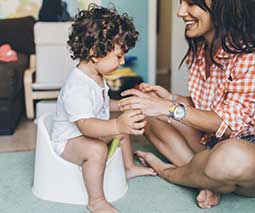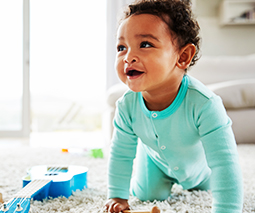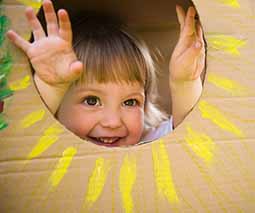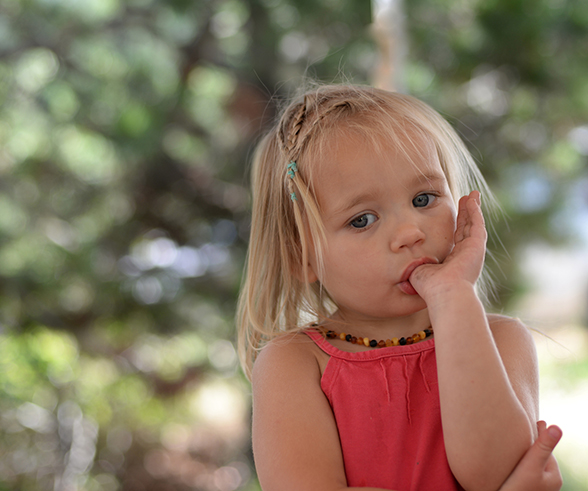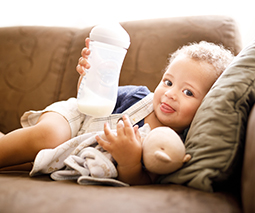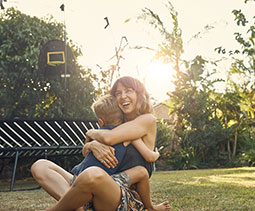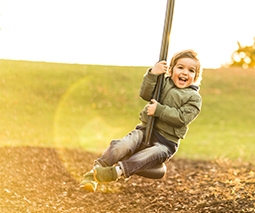6 ways to deal with an angry child (without getting angry yourself!)
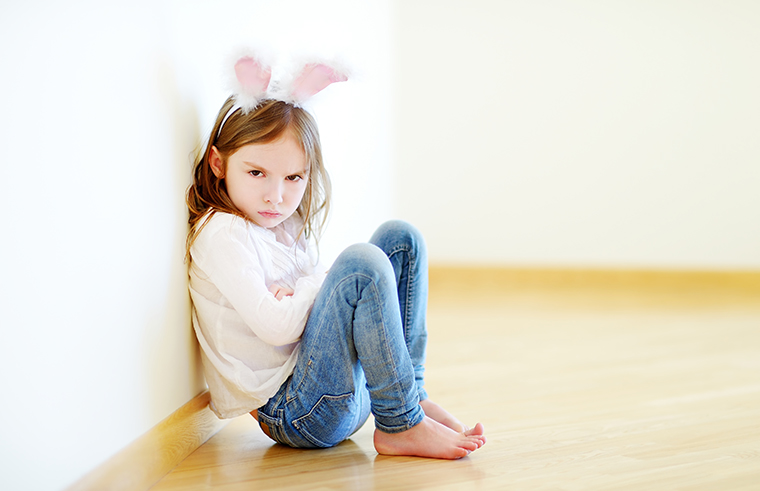
Here’s a common parenting dilemma.
Your kid turns five (sometimes four) and you get ready to celebrate, rubbing your hands together in anticipation of a quieter life, now you’ve escaped those toddler years.
“But then the bottom falls out because your four and five-year-old starts getting really angry … we call them big emotions,” says Dr Vanessa La Pointe.
Listen to Dr Vanessa La Pointe on Feed Play Love:
“When the frontal and prefrontal cortex start working and we have two big thought streams working side by side. One side is reasonable and understands that mum is asking me to get ready for school so we are not late. While the other side of the brain seems to be yelling, ‘But I don’t want to!’”
While Vanessa reassures us that in time these two sections of the brain will level each other out and our child’s ‘wiring’ will become more solid – that doesn’t really help us in the present moment.
So what can you do in the meantime to handle those big emotions?
1. Be empathetic
“Development is a real thing. What we see in our children now and how we respond to it does count for something,” Vanessa explains.
“If we are empathetic and accepting of these big emotions, it helps them come out. And that’s what we want. Never has the adage ‘better out than in’ been truer.”
2. Acknowledge and release our own fears
“We are often tripped by our kid’s anger and big emotions and their yelling can take us to an alarming place inside of us,” says Vanessa.
“It can take us out of the adult brain and into our own regressed brains from childhood. Often we can get angry and emotional and you respond with fear and reactivity that is more typical of a child than an adult.”
3. Develop strong but loving boundaries
“Cement your position as a parent and be caring but firm,” urges Vanessa.
“Just say you have siblings fighting. You need both of your children to witness you being a caring but firm parent. You need to go in there and drop the flag, for example, ‘These are not the words we use. We will stop that now.’ And after that you move straight to empathy, something like, ‘I understand it is hard to be a big sister sometimes’ while giving soft eyes to your other child. And then say something like, ‘I am going to get your sister a glass of water and then I am coming back and we are going to start doing a puzzle and be all good.’”
4. Create safe, quiet spaces in your child’s day
“Very sensitive kids are also very bright, so they have a lot of pluses but their tank gets emptied out more quickly,” Vanessa explains.
“The quickest way to fill up the tank is to spend more one-on-one time with them and also incorporate some quiet activities into their routine, where nobody (especially younger siblings) can interrupt. That will also fill their cup.”
5. Remember: You’re winning as a parent if your child expresses emotions
“When your child is coming at you, communicating all their big, messy feelings, it means that as a parent you have won. You are winning. Children will only let those big emotions go when they feel comfortable and safe enough to do so,” Vanessa says.
6. Got conflicting parenting styles?
Many families have one ‘shouty’ parent and one ‘calmer’ parent. While you don’t want your child to ‘marinate’ in an environment of short fuses, it only takes the influence of one parent to make all the difference.
“Children do need to see that it’s okay to communicate big emotions and that once communicated they can be resolved. It’s not great for kids to be exposed to strife at home as it leads to them to be more dysregulated,” says Vanessa.
“But it really only does take one parent to be calm for children to feel calm and safe, like everything is going to be okay.”
